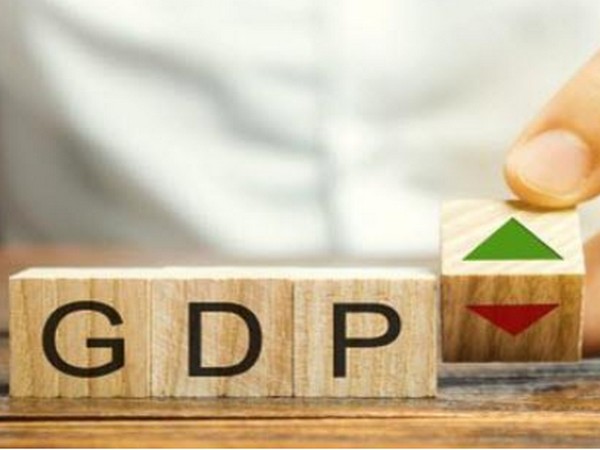The World Economic Situation and Prospects report released by the Department of Economic and Social Affairs of United Nations predicts a growth rate of around 2.7 per cent in 2024, and 2.8 per cent in 2025 for the global economy. The report notes that major economies have avoided a severe downturn, leading to improved global economic prospects. The forecast has been revised upward, with the current projections showing an increase of 0.3 percentage points for 2024 and 0.1 percentage points for 2025. However, the UN report maintains a cautiously optimistic outlook due to challenges such as higher interest rates, debt sustainability issues, geopolitical tensions, and climate risks.
The report points out that the United States is expected to see 2.3 per cent growth in 2024, along with positive outlooks for Brazil, India, the Russian Federation, and a small uptick in growth for China at 4.8 per cent. On the other hand, the economic outlook for Africa has deteriorated, with growth expectations lowered for 2024, which could have adverse effects on the world’s poorer populations. Global growth is expected to remain below the 3.2 per cent average seen during 2010-2019.
Despite softening international commodity prices and tight monetary policies globally, many developing economies are still struggling with high inflation, elevated borrowing costs, exchange rate pressures, and political instability. In contrast, developed economies like North America, Europe, and Japan have low unemployment rates. However, the report warns of potential challenges ahead, such as geopolitical tensions and conflicts worldwide, which could impact the economic outlook.
The report also emphasizes the opportunity provided by the energy transition for achieving Sustainable Development Goals in developing countries. The rising demand for minerals in electric vehicles and semiconductor components presents a chance for those countries with critical mineral resources to benefit. However, smart policies and effective implementation capacities will be necessary to avoid potential negative ramifications commonly associated with the exploitation of these resources.
In conclusion, the World Economic Situation and Prospects report paints a cautiously optimistic picture of global economic growth in the coming years, with upward revisions in growth projections for major economies. While challenges such as inflation, debt sustainability, and geopolitical tensions continue to threaten growth, there are also opportunities for developing countries to benefit from the energy transition. Smart policies and effective implementation will be key in navigating these challenges and ensuring sustainable development for all.











